Ireland unveils 15 bn euro austerity plan to secure bailout
With the eyes of Europe on his debt-ridden nation, Prime Minister Brian Cowen said his four-year package of cuts and tax increases was designed to restore confidence.
"I am hopeful for the future that this plan is another confidence-boosting measure, another signpost along the road to recovery," he said.
The plan, to be followed by a budget on December 7, is an essential step towards Ireland receiving a bailout of up to 85 billion euros ($114 billion) from the European Union and the International Monetary Fund.
Among the key points of the package, sales tax will be raised to 23 per cent from 21 per cent by 2014, but the 12.5-per cent corporation tax rate -- a key attraction for foreign companies in invest in Ireland -- will be maintained.
The government said it expected unemployment to be brought under control and to drop to below ten per cent by 2014, but the minimum wage would be cut.
Finance Minister Brian Lenihan said the plan was "rational and sensible".
As Ireland strove to prove to Europe it was trying to get its house in order, another heavily-indebted eurozone country, Portugal, was paralysed by a general strike on Wednesday.
The EU fears that Portugal will follow Greece and Ireland in needing a bailout.
In Berlin, Chancellor Angela Merkel said Germany was prepared to help Ireland, but with conditions.
Merkel told the German parliament that the support of the eurozone's most powerful economy was conditional on Ireland "making clear what steps (it) must take to get back on a path of stabilisation."
The four-year Irish plan will add to the pain of its people, who are already grappling with previous austerity measures introduced to try to slash a massive public deficit.
Cowen fought off calls from the opposition Tuesday to call a snap election, insisting the budget must be passed first.
Irish lawmakers are unlikely to vote on the budget until January, meaning that an election could not take place until February or March.
The government has been under fire since caving in and agreeing to accept the bailout, reported to be worth 85 billion euros after earlier indications it was 90 billion euros.
The prime minister told parliament earlier Wednesday that the amount had still to be decided as negotiations were ongoing but admitted the figure of 85 billion euros "has been discussed".
"That is as far as I can go," he said.
In a sign of the anger at the government, Transport Minister Noel Dempsey found Tuesday that the windows of his constituency office had been smashed and the word "traitors" daubed on the wall.
The loans are intended to shore up the Irish economy and banks reeling from the collapse of an overheated property market.
But the bailout is also designed to stem fears of contagion spreading to other euro economies such as Portugal and even the far larger Spanish economy which came under pressure on the markets.
Merkel said "the stability of the euro as a whole must be guaranteed" and therefore Berlin would consider Ireland's appeal for funds "positively".
But despite the efforts to shore up the single European currency, the euro fell further Wednesday, sinking below $1.33 before rising slightly, after a fall Tuesday sparked by fears over the eurozone and the Korean crisis.
The ripple effect from Ireland showed Wednesday as Spain found it must pay substantially more to borrow for 10-year periods.
What the stars mean:
★ Poor ★ ★ Promising ★★★ Good ★★★★ Very good ★★★★★ Exceptional
 Tag:
Tag:
Related Contents
Latest News
More News
- Solutions for enhancing provision of the stock market (April 23, 2024 | 10:38)
- MB aiming for 30 million customers by end of year (April 22, 2024 | 17:43)
- MB finalises strategy for acquisition of distressed bank (April 22, 2024 | 16:33)
- Vietnam central bank postpones gold bar auction (April 22, 2024 | 15:27)
- Benefits of pension funds must be incentivised (April 22, 2024 | 15:00)
- KRX trading system to begin official operation (April 22, 2024 | 14:09)
- Voluntary pensions to rejuvenate the sector (April 22, 2024 | 14:00)
- Gold market reforms paramount to stability (April 22, 2024 | 10:18)
- Loopholes continue to play part in rising NPL ratios (April 22, 2024 | 10:13)
- Techcombank scoops two Stevie Awards (April 19, 2024 | 18:35)





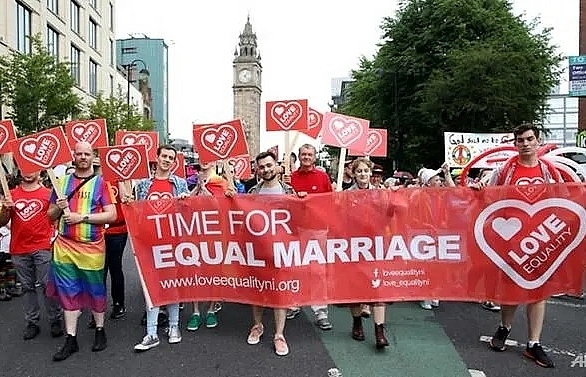
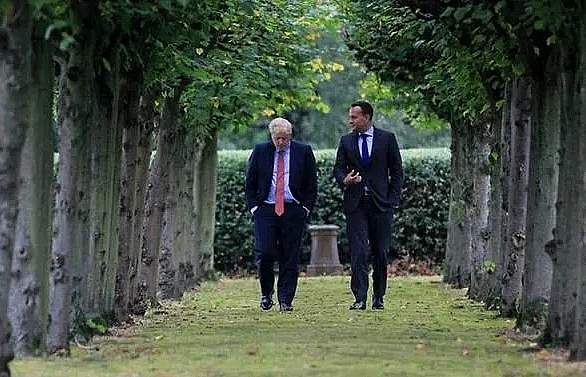

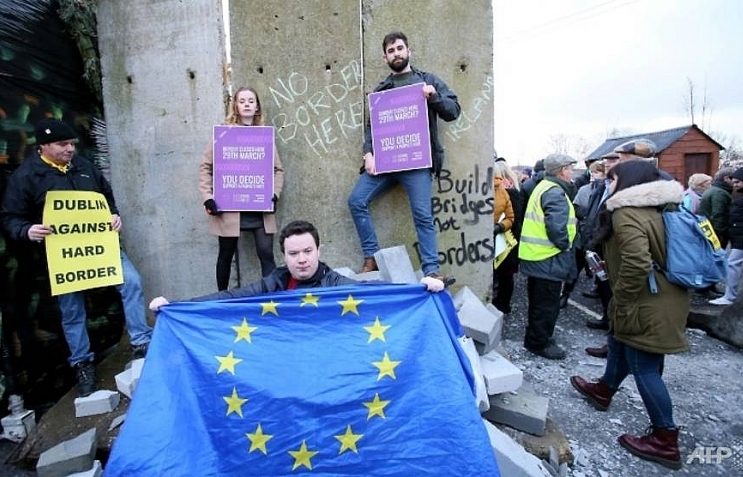
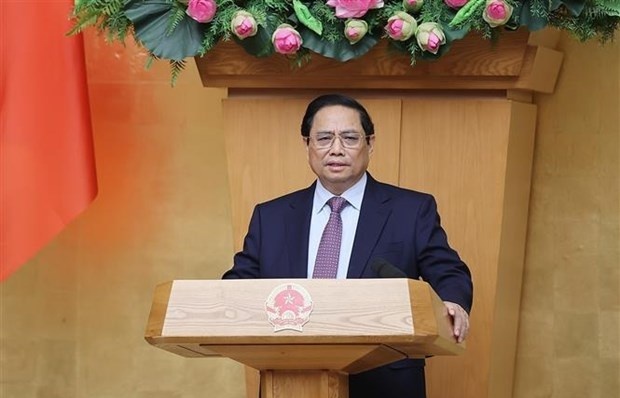
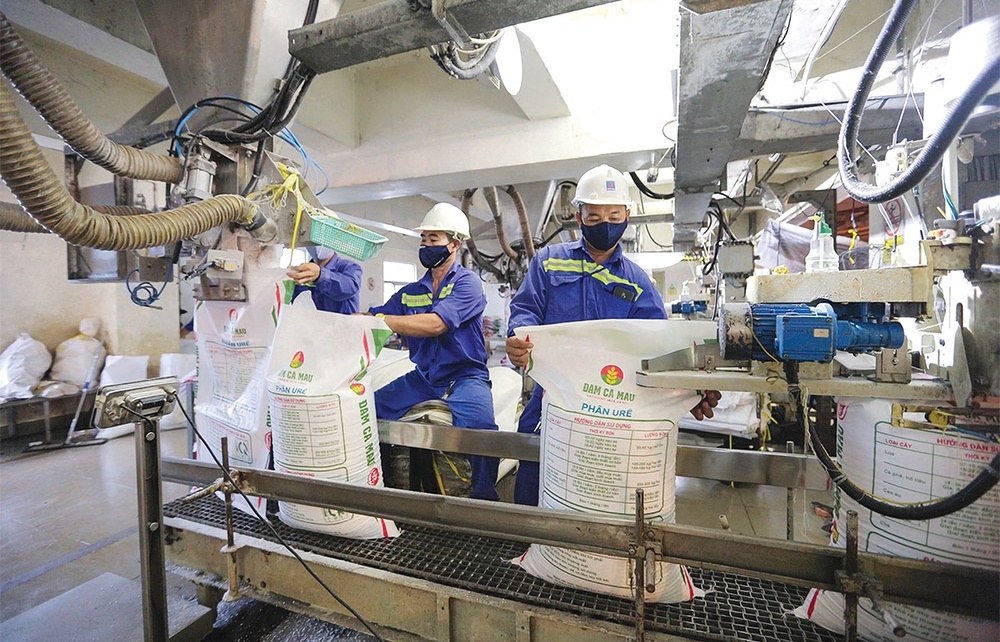


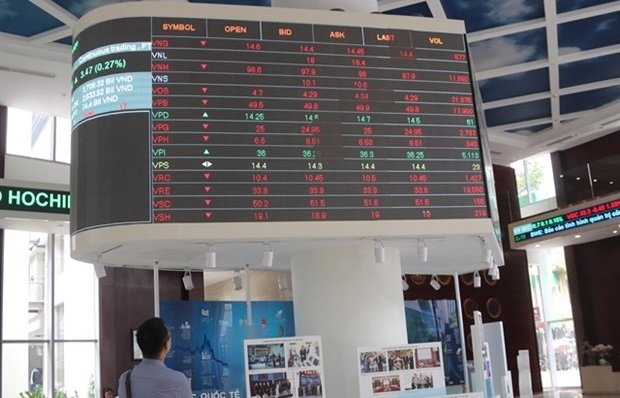










 Mobile Version
Mobile Version